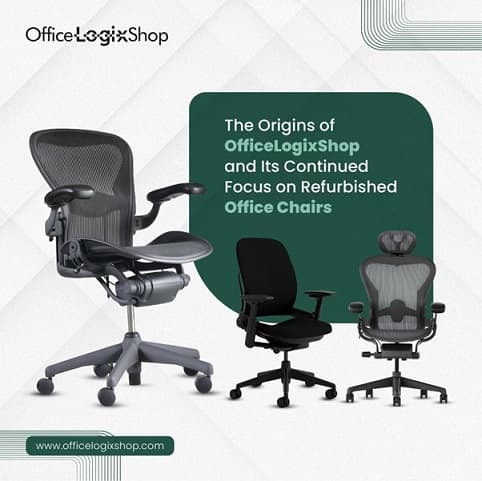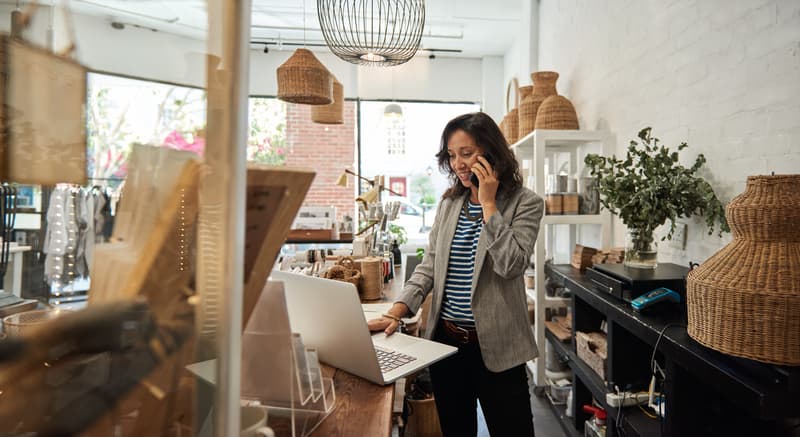
- Major programme of work announced to support retailers to adapt to an ageing consumer base
- Retailers could thrive, not just survive, if they innovate to adapt to more older consumers, argues the International Longevity Centre (ILC) who are launching a two-year project to transform how the retail sector sees and serves older consumers.
ILC research Maximising the Longevity Dividend published in 2020, revealed that older consumers spent £319 billion (54% of all UK consumer spending) in 2018 – increasing to £550 billion (or 63p of every pound spent by consumers) by 2040.
In advance of the Second Reading of the Levelling Up and Regeneration Bill in the House of Commons, the think tank argues that supporting healthy ageing is key to levelling up. ILC urges retailers to work alongside government, academics and other policymakers to play their part in tackling inequalities with a view to help revitalise our high streets and local economies.
Launching the programme of work. David Sinclair, Director of ILC, explains why it’s imperative for policymaker and retailers to better understand their role in supporting healthy ageing:
“The demography of the high street customer is ageing, and retailers and planners have long failed to adapt or recognise the diversity of older consumers.
“Older people complain that their needs are ignored. Public toilets have been closed, cafes and shops blare loud music, public spaces and shops rarely have anywhere to sit and public transport is poor or non-existent. Our towns and cities are failing us all.
“For our high streets to survive, they must become more inclusive. But our high streets needn’t just survive; they could thrive, playing a role in tackling loneliness and helping the UK economy succeed. Inclusive environments are often a cost-effective way to prevent worsening health among an ageing population.
George MacGinnis, Healthy Ageing Challenge Director at UK Research and Innovation (UKRI) welcomes the project:
“This is a great opportunity to influence the future of our local economies. For as long as there have been towns and cities, retail has been at their heart, yet that is changing. Not just with a move to online. Changes to patterns of work and travel, climate change and even how we manage pollution are all impacting on local economies, while the changing aspirations of a growing population of older people suggests there are new ways for retail to thrive. ”


